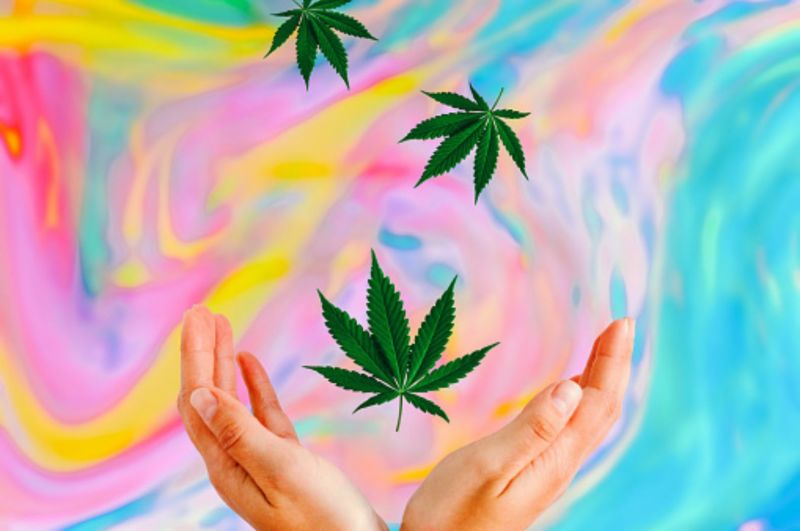
27/02/2023 Counter Culture Half Century Ago.
Looking back today, as a child of the 1960s, puts a whole new perspective on counterculture and the drug revolution. Have we come very far in the last half-century? Are we in a time warp, destined to repeat past mistakes through choices we are making today?
Can we learn from our past to make a brighter future of healing, inclusiveness as well as keeping diversity? Can we heal and grow? Come with me to look at the past to strengthen the future.
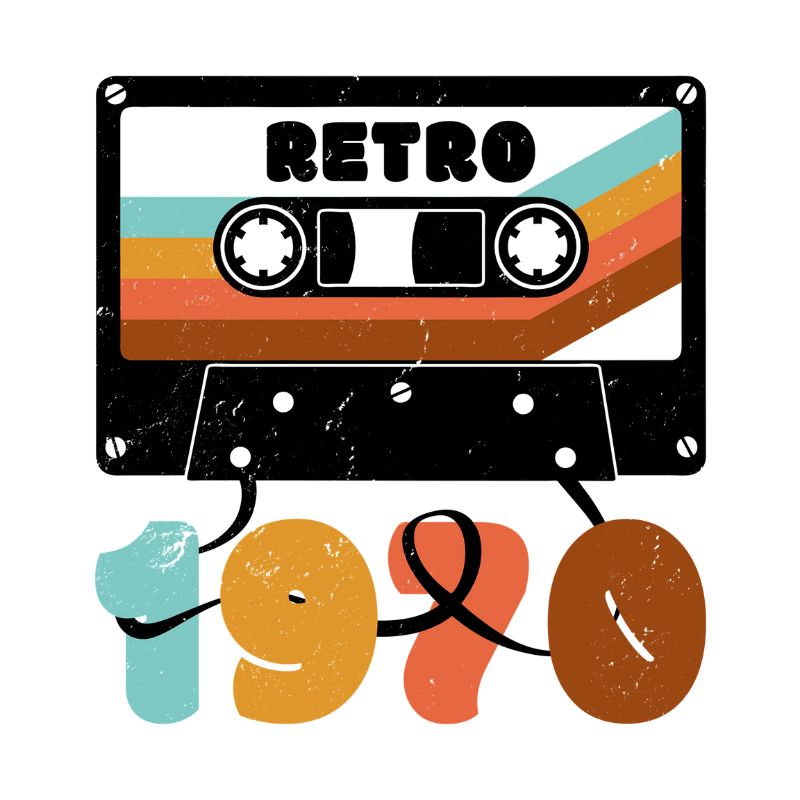
My Journey
I was born in 1967 in a town just south of Chicago, Illinois. So I missed most of the 1960s revolution but grew up in the 1970s, during the height of tensions during the Vietnam War, military drafts, civil rights movements, hippies, bra burnings, clan marches, and lots and lots of drugs.
My father was a military man and very strict. My mother was the type that showed the world "the perfect family" despite how dysfunctional we were (yet hid "diet" pills and "nerve" pills in her dresser drawer). I had a much older sibling that experimented in many different areas. Drugs, sex, smoking, and being anti-authority was prevalent lifestyle for many.
Things were still spoken about in hushed whispers. Things like the war, drugs, sex, and abortion, were topics never to be uttered in the house. It wasn't decent. Drugs were completely off-limits unless you wanted to ruin your life.
Many of the exact opposite things were happening in the outside world. Sit-Ins, free love, hippies, racism, mass protests, marches, clan rallies, music concerts promoting "free love", "make love, not war" and "peace", police brutality, and along the whole theme you had drugs of all sorts.
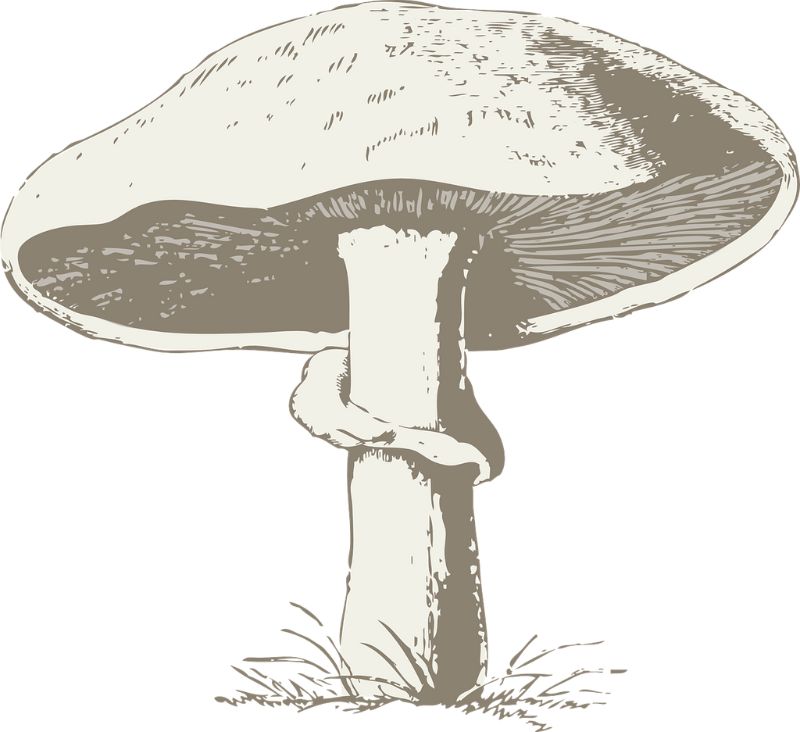
It was a time to declare your freedom from "the man". Right or wrong, easy or not, a lot of people wanted to experience giving the finger to authority and making decisions for themselves. Whether that meant ripping your clothes off and streaking downtown for kicks or it meant hanging out partying with friends, smoking, snorting, or tripping while discussing solutions to the world's toughest problems.
Drugs, Drugs, and more Drugs!
Drugs in one form or another were everywhere. Back in the day, there was very little need to seek out a dealer, there was an abundant supply of whatever you were interested in experiencing, readily available, from plentiful entrepreneurs. It flowed through cities, streets, and high schools like water.
There was no internet then, no cell phones. We had newspapers, radio, and TV. Not thousands of channels, just three on an antenna. That's it. You got the news from only a few sources available. If you wanted to get any type of information on a subject, you went to the library and opened an Encyclopedia. (Yes, a book!)
We didn't have any idea what the substances we ingested would do to us. No educational websites, not even Wikipedia were handy. We winged it and kept personal track of our experiences. Discovering over the following years, what was healthy and what wasn't. We learned the hard way if a substance was beneficial and true or if it would kill us.
[[relatedPurchasesItems-36]]
Chasing an escape or outlet from the daunting issues of the day, many people would jump out of the terrifying reality of their existence to seek a psychoactive journey of peace and harmony. It wasn't just a matter of feeling better. The people wanted to make the world a better place by venturing through the drug scene. So many were lost and persecuted along the way.
Drugs of all kinds became mainstream by the 1970s. Heroin, Cocaine, LSD, Marijuana, and Quaaludes became the go-to preference. Parties and gatherings became open avenues to socially partake in anything that was passed around.
Celebrity use was widespread and pretty unregulated. Pop and rock music lyrics became saturated with drug references. Even people that didn't partake knew it was everywhere and it was now being openly spread.
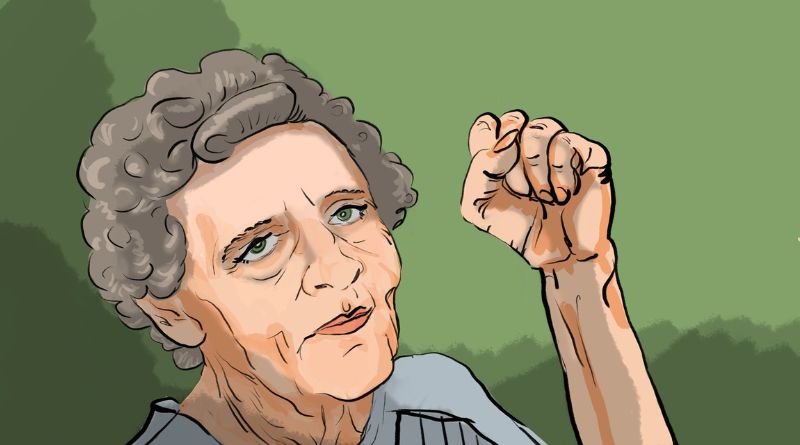
The War on Drugs
The government wanted to squash the spread of anti-authoritarianism. They saw an opportunity to further the racist theme of marketing that had been applied to different groups within our communities.
Just about every tough issue of the time period was the result of the illegal drug trade, according to the politically powerful. They needed a scapegoat, something, and someone to blame for all the catastrophes taking place in the world and our own country.
In 1971, President Nixon declared a global 'War on Drugs'. Nixon increased the ability, funding, and scope of federal drug control agencies, and the military, and pushed through legislation for mandatory sentencing and even the infamous "no knock warrants'. Even scientific research was outlawed.
All of these actions and more were not based on scientific proof of harm, but on who could be hurt and vilified by these political actions. For more than a century, certain racial groups such as Latinos and Blacks have been subject to harsher enforcement and penalties than other racial groups. This was about subjecting oppressed groups to further persecution. A scapegoat for the racial, anti-authority, and social unrest of the time period. Generations have been affected by the disastrous failed "War on Drugs".
Only recently has the issue of social equity come into play within the legal cannabis market. Many believe that as we are currently establishing a free legal market for cannabis, we should be addressing the equity issues during the formation of the market, to help repair some of the massive generational harm that has occurred. Others believe we should get marijuana accessible for adults everywhere and sort the equity issues out later.
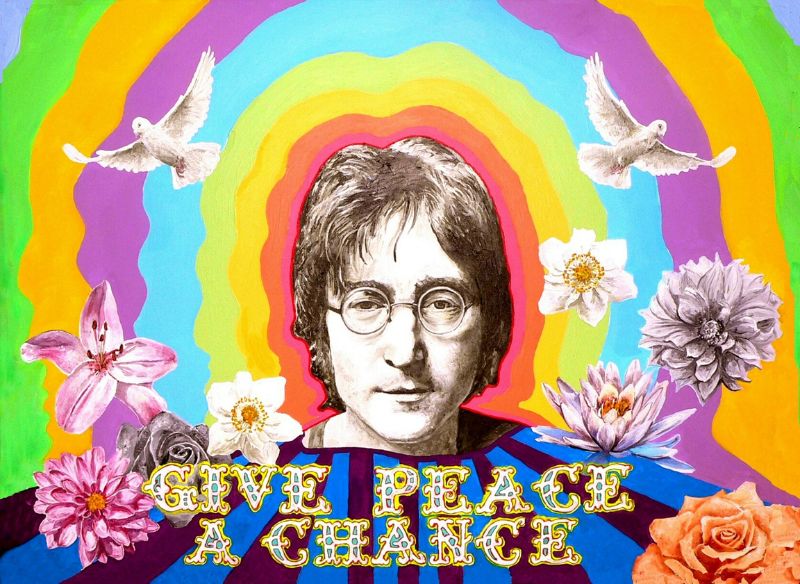
Summary
No matter the time period, we will still face political challenges, racial disparity, and economic issues and need to support the basic framework of the industry. All of these subjects need the resolution to have a thriving global cannabis market. We still have a long way to go. But we are making slow strides.
Cannabis is more mainstream than ever. Psychedelics are being explored for medicinal qualities. And finally, over the last half-century, we are having open exchanges between the private sector and the government.
We have come a long way, baby!
Resources:
TAGS:






